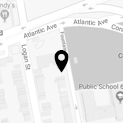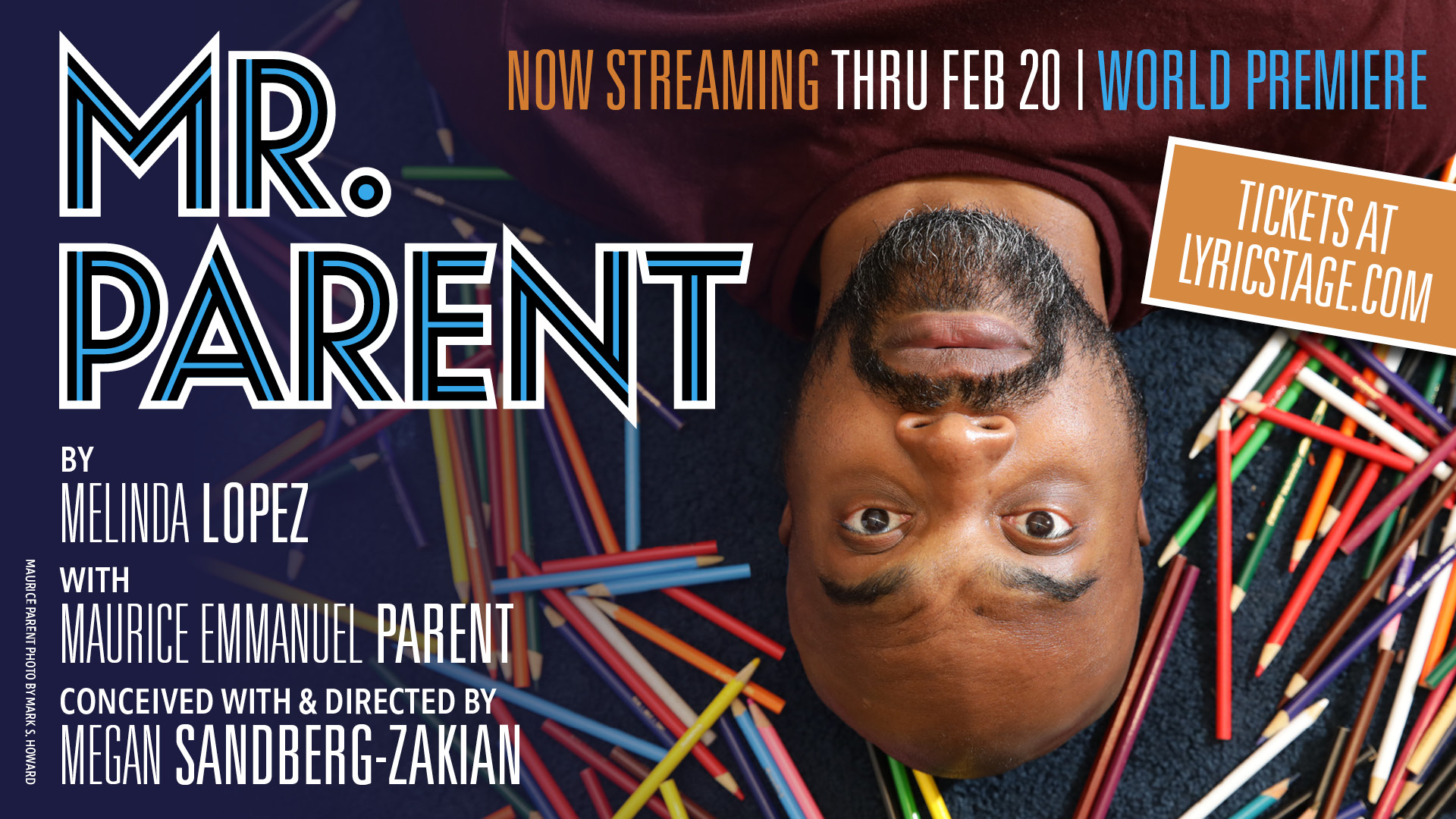Mr. Parent Homework
Educational Inequity Resources Curated by Public Education Consultant on the Production, Neema Avashia
While the initial draw of producing Mr. Parent stemmed from sharing the true-life stories of our collaborator Maurice Emmanuel Parent, the story of Mr. Parent also asks the audience to question the inequities baked into our educational system. We wanted to provide audiences with opportunities to contemplate and act upon the material after the final bow. Working with Neema Avashia, the production’s Public Education Consultant, we have created a list of resources. We hope you find these resources to be provocative and helpful in continuing your conversation about this play outside of 140 Clarendon Street.
Podcasts
This American Life
- Episodes 562: The Problem We All Live With, Part 1
- Episodes 563: The Problem We All Live With, Part 2
- Episode 550: Three Miles
Have You Heard?
Nice White Parents
Integrated Schools
Articles
- Eve Ewing, “King Wanted More Than Just Desegregation”
- Nikole Hannah Jones, “Choosing a School for My Daughter in a Segregated City”
- Liam Kerr, “An Eyewitness View of School Segregation–In Needham”
- Jack Schneider, “Best Schools Lists Are Meaningless, and Could Make Segregation Worse”
- Faolan Jones, “The game is rigged (Inequity by design) #Dr. Jeff Duncan Andrade”
Books
- Why Busing Failed: Race, Media, and the National Resistance, Matthew Delmont
- Evicted: Poverty and Profit in the American City, Matthew Desmond
- Ghosts in the Schoolyard: Racism and School Closings on Chicago’s South Side, Eve Ewing
- Shame of the Nation: The Restoration of Apartheid Schooling in America, Jonathan Kozol
- The Sum of Us: What Racism Costs Us and How We Can Prosper Together, Heather McGhee
- Cutting School: The Segrenomics of American Education, Noliwe Rooks
- The Color of Law: A Forgotten History of How Our Government Segregated America, Richard Rothstein
- The Warmth of Other Suns: The Epic Story of America’s Great Migration, Isabel Wilkerson
Ways to get involved
After seeing Mr. Parent and engaging with the above resources, here are some ways to invest that energy back into our local schools.
- Donate high-quality PPE (KN94s, KF94s, and N95s), especially PPE for children, to a local Boston Public school, or a school close to your community.
- Reach out to your local school’s PTO or Family Council to learn about their fundraising priorities. See how these compare to the priorities of adjacent communities, and consider ways that you could support both.
- Engage your local state representatives and state senators about their stance on equitable education, and make sure that they hear about your priorities. (Lyric Stage asks you to reach out to these folks on a regular basis to advocate for the arts and arts education.)


